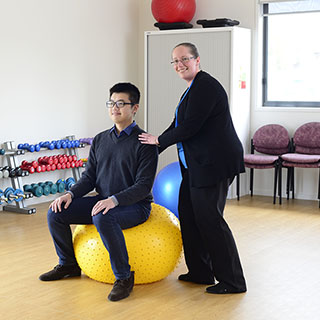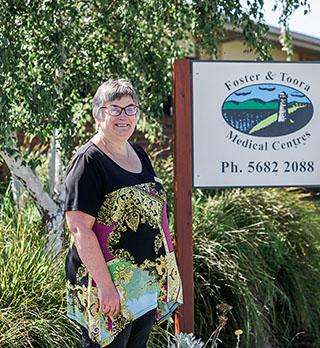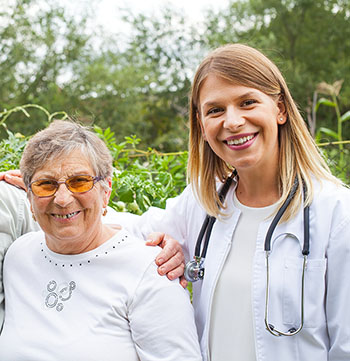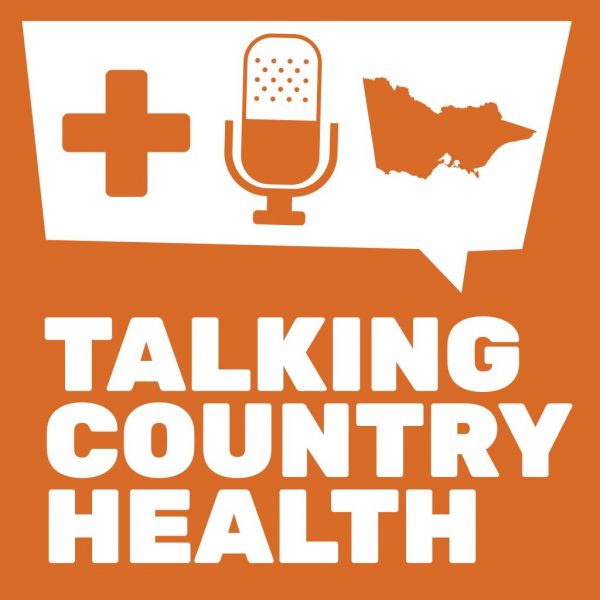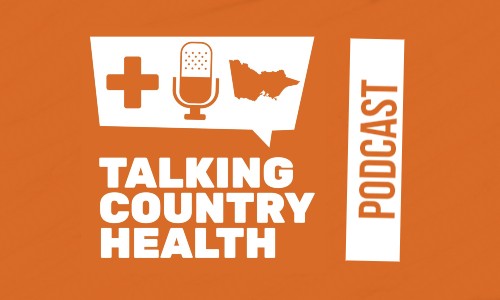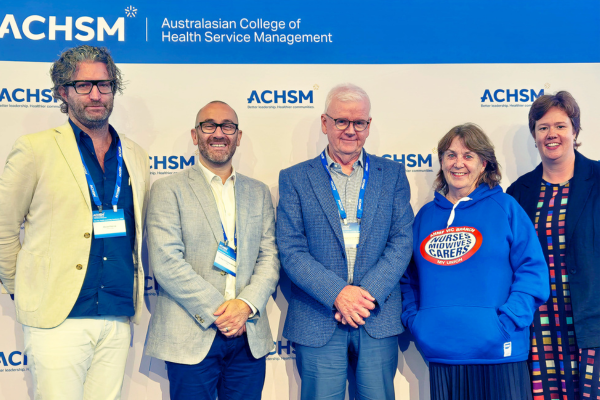 Brad Pickering works at Otway Health in Apollo Bay as a Clinical Nurse Manager. The role is a combination of the Nurse Unit Manager and the Nurse Practitioner roles. In this capacity, Brad engages in the responsibilities of the Nurse Unit Manager as well as attending all urgent care presentations during business hours and providing an on-call service for the Urgent Care Centre from Monday to Thursday. Over the past 12 months in the role of CNM, Brad has been able to provide comprehensive timely, safe and judicious care to the Apollo Bay community. We caught up with Brad to talk to him about his journey in providing rural healthcare.
Brad Pickering works at Otway Health in Apollo Bay as a Clinical Nurse Manager. The role is a combination of the Nurse Unit Manager and the Nurse Practitioner roles. In this capacity, Brad engages in the responsibilities of the Nurse Unit Manager as well as attending all urgent care presentations during business hours and providing an on-call service for the Urgent Care Centre from Monday to Thursday. Over the past 12 months in the role of CNM, Brad has been able to provide comprehensive timely, safe and judicious care to the Apollo Bay community. We caught up with Brad to talk to him about his journey in providing rural healthcare.
How long have you been working in rural health?
I have worked in a regional centre all of my nursing career, my move to Apollo Bay is the first time I have moved to an area of rural and Isolated practice.
What inspired you to work in rural health?
I was inspired by my sense of community and my belief that the role of the Nurse Practitioner could have a positive impact in the rural setting. Training as an Emergency Nurse Practitioner the rural remote setting allows the role to be utilised to its full scope of practice.
How did the RWAV relocation grant help you?
It helped me in a time of transition. There are numerous challenges when moving. Let alone moving States, especially with my wife and four children. The grant helped immensely in my initial relocation; I was able to move to Victoria, with three of my children. My wife had to stay in Queensland to finish some of her university subjects. So, while my wife and youngest child stayed in Queensland during this time the relocation grant assisted with rent and utilities.
Briefly, were there any challenges you faced working in rural health?
Initially being a nurse practitioner and moving to Victoria, the key challenges were obtaining a provider number and prescriber number and applying to Australian Health Practitioner Regulation Agency for notations to my registration. All these took time and affected my ability to practice initially. Secondary challenges I experienced were adapting to the limited access to services and clinical isolation.
Some of the challenging cases I have had to work through in my time in the rural setting have been cardiac tamponade, Takotsubo cardiomyopathy, acute asthma requiring intubation, walk-in traumas (e.g., motor vehicle accidents, surfing accidents), along with the regular emergency presentations one would expect. Living close to the facility and being on-call and an isolated clinician has opened my eyes to the challenges of rural health.
Tell us how you overcame them.
Provider number was a challenge and required discussion and special consideration with the Department of Health. Prescriber number and notations, which are unique to Victoria, were easily overcome and progressed smoothly however, required time to process.
Clinical isolation is something that I have been over coming through networking, mentoring and clinical growth and stabilisation in Otway Health. Key individuals that assisted with dealing with my isolation were Dr Charlie Corke, Dr David Mullen, Katherine Sloan NP, Simone O’Brian, Dr Tash Jennings, Dr Jane O’Connell, ARV and the Local MICA Tony Mendic and the Nurse Practitioner locum solutions team members. These clinicians have provided me with collegial support needed when practicing in the rural setting. Every day I am discovering there are more challenges in rural health however as an integrated team and an organisation we work together to overcome these challenges.
In your view, is there a need for more nurse practitioners in rural areas? Why?
The needs in rural health are great and clinician coverage is an ongoing issue for regional communities, across Australia. The Nurse Practitioner role is one suited to providing comprehensive timely, safe and judicious care to a community. This can be facilitated by working in collaboration with other healthcare professionals to share the on-call rotations to prevent fatigue and ultimately burnout and education supports and mentoring for nursing cohorts in regional areas. Rural health is currently suffering significant shortages in clinician coverage. Utilising roles such as the Nurse Practitioner across these platforms is, in my opinion, the way forward in providing comprehensive healthcare for all Australians.




